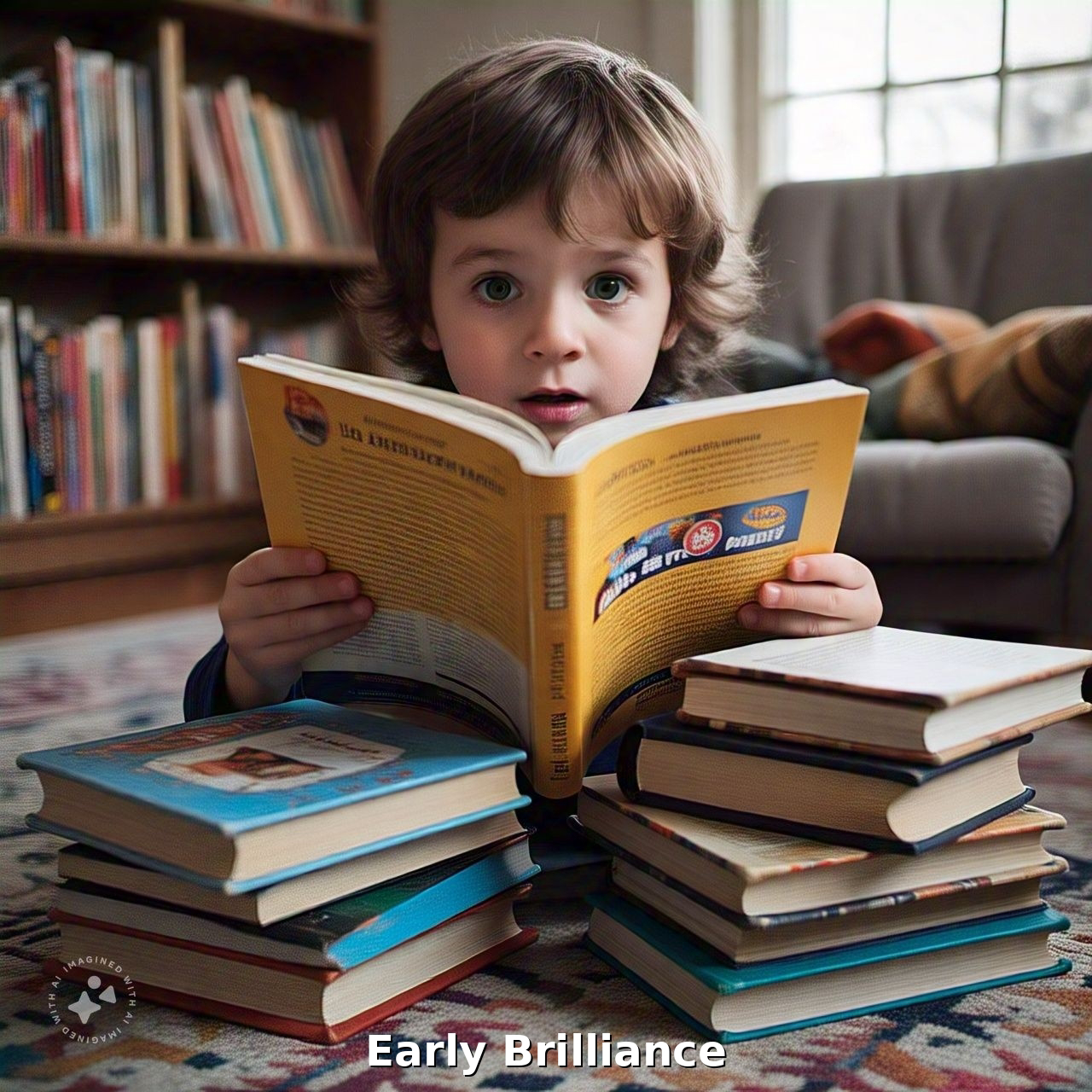The Beauty and Benefits of Reading Books for Kids: Unlocking a World of Imagination and Knowledge

"Discover the magic of reading for kids! Learn how reading shapes young minds, fosters creativity, and develops essential skills to success." Introduction In a world filled with screens and constant distractions, the timeless joy of reading books stands as a beacon of imagination, learning, and connection. For children, books are more than just pages filled with words—they’re gateways to new worlds, valuable lessons, and the endless possibilities of their own creativity. Reading is not just about improving vocabulary; it shapes young minds, builds character, and strengthens family bonds. Let’s dive into why encouraging kids to read is one of the greatest gifts you can give them. The Beauty of Reading Books for Kids 1. A Gateway to Imagination: Books transport children to magical lands, introduce them to unique characters, and spark creativity. Whether it’s flying with dragons or solving mysteries, every story fuels their imagination. 2. Building Emotional Intellig...
